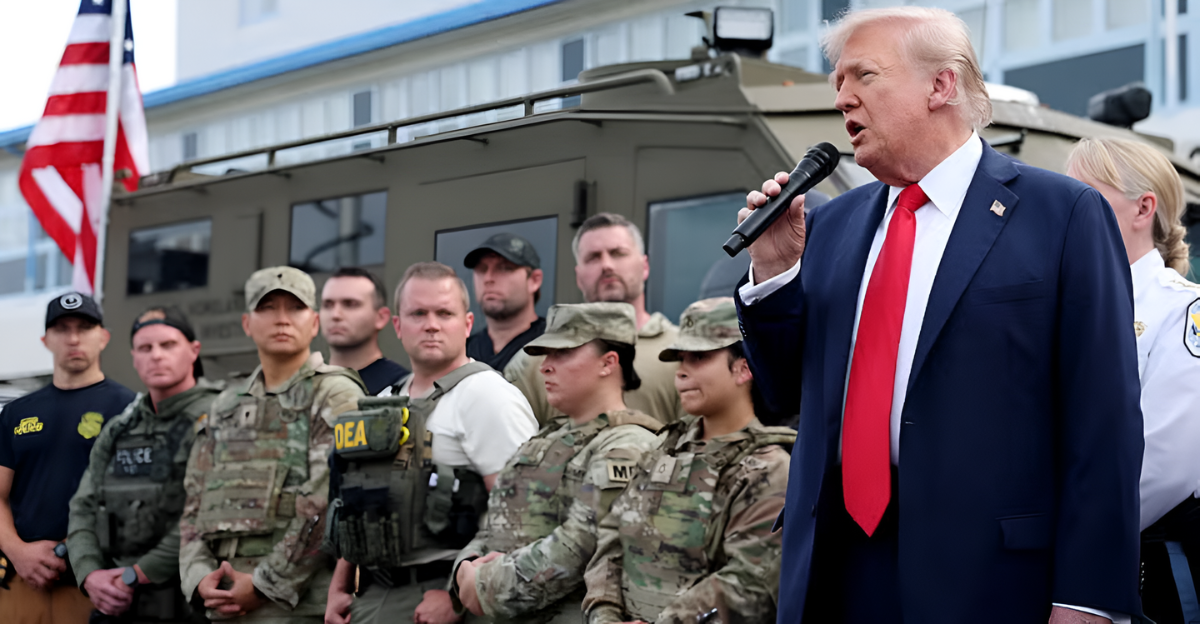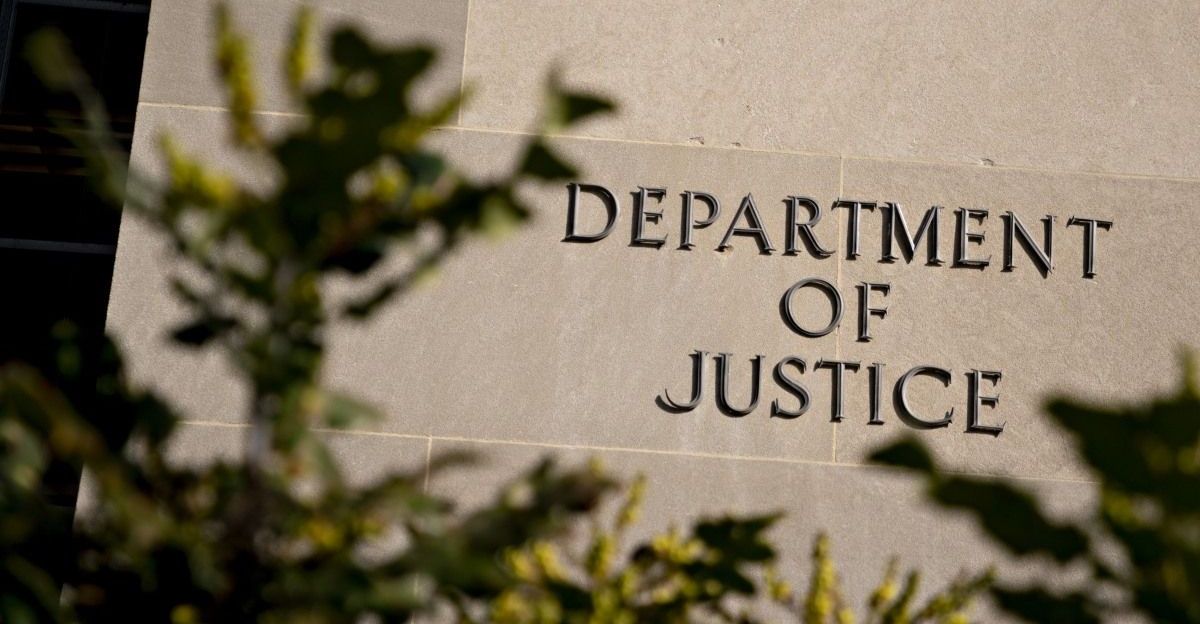
A federal appeals court has opened a significant legal pathway for the Trump administration to deploy military personnel in a major American city, delivering a preliminary victory on federalism and executive power that will likely reverberate through the courts for months to come.
In a 2-1 decision released October 21, the U.S. Court of Appeals for the Ninth Circuit lifted a lower-court barrier blocking the deployment of 200 Oregon National Guard members to Portland. Judges Ryan Nelson and Bridget Bade found that President Trump likely acted within his statutory authority to federalize the Guard, even over the objections of state leaders. Yet the ruling’s immediate practical impact remains limited—another court order still prohibits any actual deployment to Portland, setting the stage for continued legal conflict.
The Constitutional Crossroads

The majority opinion hinged on a narrow reading of presidential power. Writing for the two-judge majority, the court cited federal statutes permitting a president to federalize the National Guard when states are deemed unable to execute federal law. The judges acknowledged at the preliminary hearing stage that Trump’s claims about Portland’s disorder appeared exaggerated, but concluded the administration had likely met the legal threshold to act.
Judge Susan Graber’s dissent offered a starkly different vision of constitutional governance. Noting that Portland protesters have chosen “chicken suits, inflatable frog costumes, or nothing at all” when demonstrating against federal immigration enforcement practices, Graber wrote that while “observers may be tempted to view the majority’s ruling…as merely absurd,” the decision was fundamentally serious—one that “erodes core constitutional principles, including sovereign States’ control over their States’ militias.” She warned the ruling threatened Americans’ First Amendment rights and would set a troubling precedent for domestic military deployment.
A City at the Center of National Debate

Portland has become shorthand for a deeper divide over federal power and urban governance. The Trump administration characterizes the city as engulfed in lawlessness linked to protests at the Immigration and Customs Enforcement office in Portland’s South Waterfront district. Local leaders offer a different narrative entirely.
Governor Tina Kotek stated bluntly that the ruling was “ludicrous,” emphasizing that Portland “remains peaceful, safe, and open for business.” She highlighted that the Portland Marathon had drawn thousands of participants merely weeks earlier. Portland Mayor Keith Wilson pledged to deploy “every lawful tool” available to prevent the deployment, describing it as an “unnecessary, unwanted military intervention.”
Crime statistics support the local characterization. In the first half of 2025, Portland recorded a 51 percent decline in homicides compared to the same period in 2024. Violent crime rates remain below national urban averages, according to law enforcement data. Nightly demonstrations that once drew hundreds have dwindled to small, peaceful vigils supported by churches and community volunteers offering food, blankets, and first aid.
What the Ruling Actually Decided—and Didn’t

The appeals court decision addresses only one of two temporary restraining orders issued by U.S. District Judge Karin Immergut. Her first order blocked Trump from federalizing the Oregon National Guard. Her second order, issued days later, explicitly bars any federalized troops—whether from Oregon, California, or elsewhere—from deploying to Portland.
Because the government did not appeal Immergut’s second order, it remains in full effect. That means even with the appeals court’s favorable ruling, no troops can legally arrive in Portland without further court intervention. The Justice Department has signaled it intends to push for the second order’s removal, but Immergut retains final authority over that decision.
Broader Stakes and Constitutional Reckoning

The case occurs amid similar deployments to Chicago, Los Angeles, and Washington, D.C.—all triggering parallel legal challenges. Constitutional scholars view these disputes as defining moments for presidential authority in domestic crises.
Hina Shamsi, director of the American Civil Liberties Union’s National Security Project, argues that domestic military deployment “should be reserved for rare, extreme emergencies as a last resort” under the founders’ design. Yet the administration’s simultaneous push in multiple cities suggests a different vision of presidential scope, one that advocates worry could fundamentally reshape the balance between federal and state power.
What Comes Next
Oregon officials have already requested that a larger panel of the Ninth Circuit reconsider the decision. Both sides are preparing for protracted litigation, with observers noting that a Supreme Court decision on these questions could arrive before year’s end.
For Portland residents, the immediate outcome remains uncertain. Life continues with markets bustling, schools operating, and small vigils continuing peacefully. Yet the city knows that the constitutional question being decided in distant courtrooms will shape not just Portland’s future, but the nature of federal power in American cities for generations ahead.